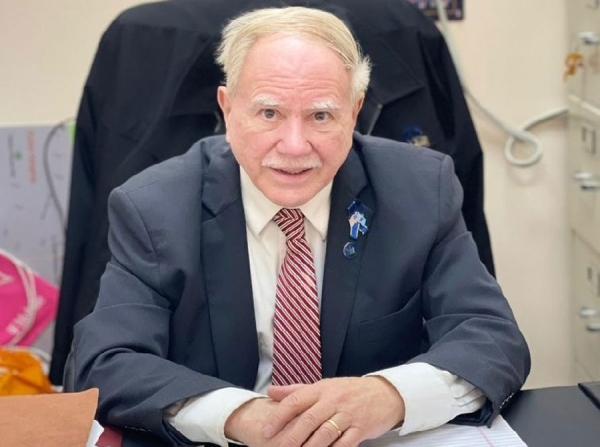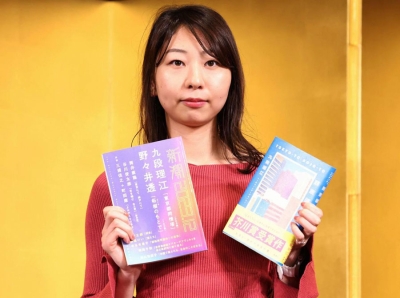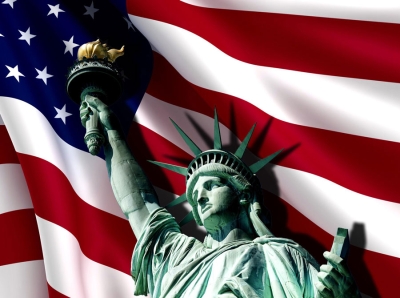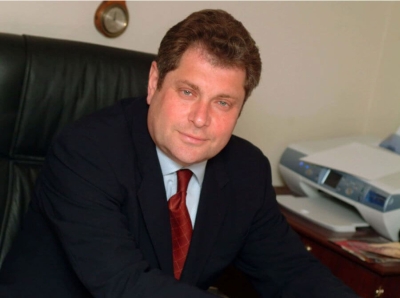William Colton: We support the police and it helps us reduce crime

Interview with New York State Assemblymember William Colton.
Why did you decide to become a member of the New York State Assembly?
I had been involved in the community for several years prior. I worked as a teacher for 11 years, after which I was a district lawyer, where I also took an active part in solving many problems of the district. This led me to become actively involved in politics. Basically, I worked with a number of officials. When the time came and a vacancy arose, I believed that I could serve the community, was elected and have served ever since, being re-elected every 2 years for 27 years.
There is a large Russian community in Brooklyn. Do you have any initiatives that might be of interest to them?
Yes, there are many of them. The Russian community came here in the 80s and 90s, people fleeing the Soviet Union to find freedom, democracy and a new life. Many years later, Ukrainians came to us. For many years, my office had Russian-speaking workers who dealt with the problems of the Russian community only, but now we have employees who speak Spanish, Chinese, Georgian and Ukrainian. Our voters have problems with the development of the country, with education and schools, with receiving the benefits they need. There are many special programs for this. The Ukrainian people are now seeking refuge from the war. With Ukrainian refugees, we cooperate with JCH (Jewish Community Center of Bensonhurst). We also work with the Ukrainian Saturday school “Nova Khvilka”, which does a lot to socialize, maintain culture and quality of education for children who have arrived from Ukraine in the last few months. We also work with groups of people who were victims of the Holocaust. We support them in every possible way, help resolve issues with the Claims Conference, and organize an annual ceremony at the Holocaust memorial in Sheepshead Bay (Brooklyn). We also assist Section 8 housing program participants with annual recertification.
We also have our own club “Leader”, which promotes cultural programs for children in the field of dance and music. They put on wonderful concerts - I went to one of them two weeks ago. We also have a "Russian Business Club" at JCH, which has produced many business owners in the community.
There are many neighborhoods in Brooklyn, ranging from prestigious to criminal. Can you share what plans and initiatives will help bridge the gap between these areas?
Well, first of all, we need to unite people. We have immigrants from all over the world who arrived at different times and our task is to help them stay together. Before I was elected, apartment buildings had problems such as lack of heating. All the residents in these houses were Russian, and they were helped to find these apartments. However, upon arrival they were not provided with heating. We explained to them their rights so that they would not fear eviction if they complained to public or city agencies. We successfully helped them solve their heating problem and today, 20 years later, these buildings are still in good condition.
And secondly, we have good relations with the police. I don't support politicians who want to defund the police because it's a terrible idea. I wear a blue ribbon to show my support for the police. I started wearing it after young police officers were killed while sitting in their car during their lunch break. One of their mothers made several ribbons, and many continue to wear them. We support the police and this helps us reduce crime.
Some Brooklyn residents are still struggling with the effects of Covid. What difficulties have you and your employees encountered?
We have distributed tens of thousands of sanitizers, masks and testing kits. We are also trying to educate people about what they should do if they become infected with COVID. At the beginning of the pandemic, we had to close the office and employees worked remotely. All our constituents received telephone assistance at home, and after 6 months we reopened our office.
What exactly does your office do?
About 4 voters visit us each year, and our mission is to help each of them. We receive about 000 people a day, and this is a very large amount of work. We also have a lawyer who provides consultations every Tuesday on immigration issues, housing issues and other legal services absolutely free. Children can take debate classes through the Leaders of Tomorrow program. We run college admissions programs - families can learn the details of the admissions process and come listen to lecturers. Having been a teacher myself, I often visit schools and enjoy being part of this beneficial promotion of quality education at all levels.
What should families moving to Brooklyn be “in the know” about?
They should be aware of the various programs and benefits they can use to make their lives much easier. For people over 62 years old, we have a metro card that they can use with a 50 percent discount. Many seniors do not have a cell phone, and we can help get one through the federal ACP program. According to it, expenses for mobile communications and Internet can be reduced from 100 to 20 dollars per month. There's also a program that helps older renters or homeowners with limited income pay less for energy while saving nearly $200 a year. Our office strives to bring information about all of these programs to seniors. It's the older people who make this area what it is. But many don't have money, most are on a fixed income or retired. Costs are rising, so we are trying to do everything we can to make life easier and better for voters.
Author: Irina Proskurina



